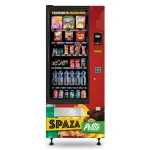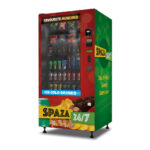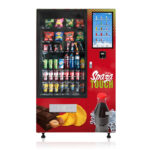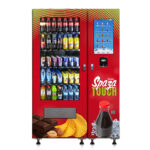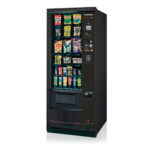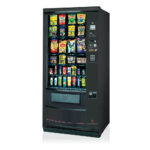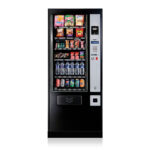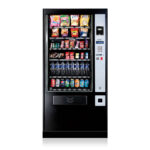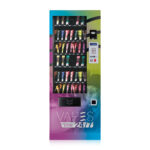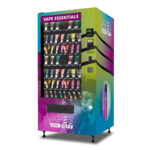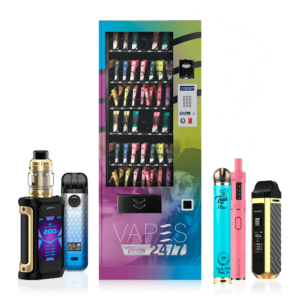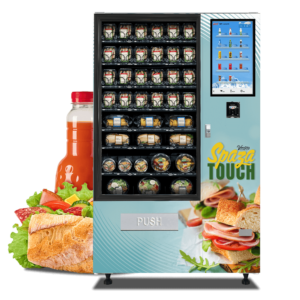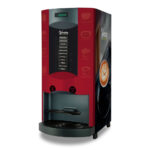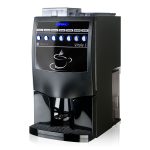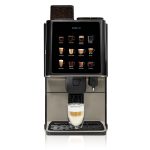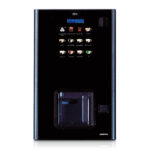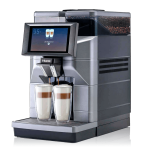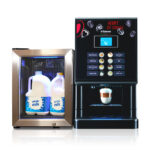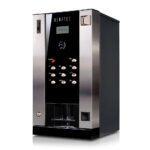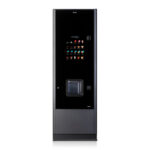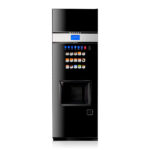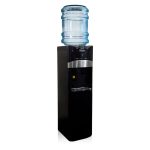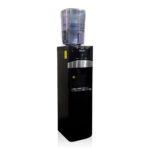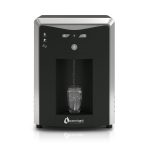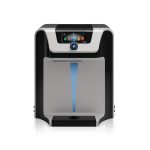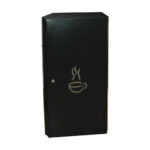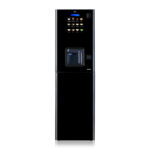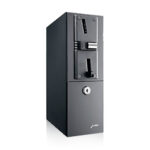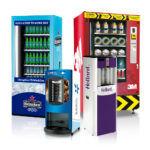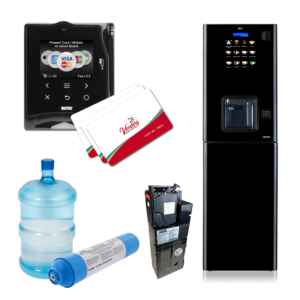The Future of Vending Machine Market – Integration of Brands
With the advancement of technology and changes in consumer habits, the vending machine market is undergoing a profound transformation. The close collaboration between brands and operators is seen as a key factor driving the future development of this market. According to market research reports, the global vending machine market is expected to maintain steady growth in the coming years. For example, according to a report by Grand View Research, the global vending machine market is projected to reach nearly $10 billion by 2025. Behind this growth is the increasing demand from consumers for instant and convenient consumption experiences, as well as the advancement in technologies such as the Internet of Things (IoT) and mobile payments. Against this market background, the combined model of brands and operators is beginning to demonstrate its advantages. Brands typically possess strong brand influence and a rich product line, while operators have the technical expertise and experience to deploy and maintain vending machine networks. Collaboration between the two can lead to resource sharing, improved operational efficiency, expanded market coverage, and ultimately, increased sales revenue.
Advantages of Brand and Operator Integration:
- Customized Services: Brands can collaborate with operators to develop customized vending machines based on their product characteristics, such as beauty vending machines or electronics vending machines.
- Data-Driven Marketing: Through the intelligent systems of vending machines, brands can collect data on consumer purchasing behavior and optimize product placement and marketing strategies accordingly.
- Enhanced User Experience: Brands can increase user stickiness and brand loyalty by offering samples and interactive activities through vending machines.
- Reduced Operating Costs: Compared to traditional retail, vending machines have relatively lower operating costs, helping brands save on labor and rental expenses.



